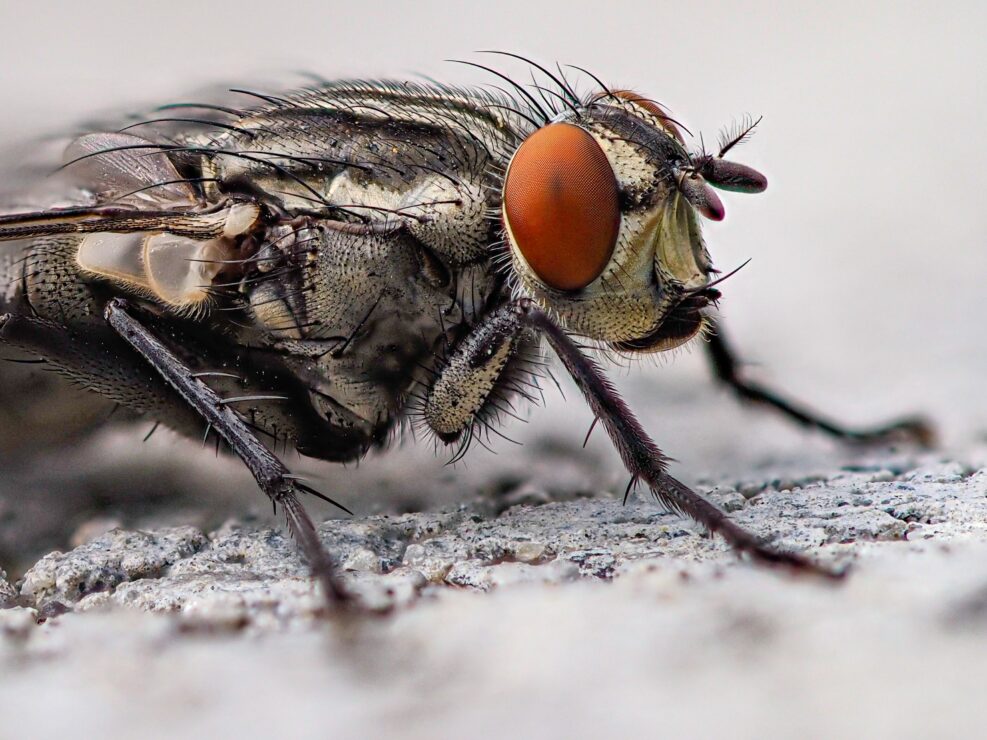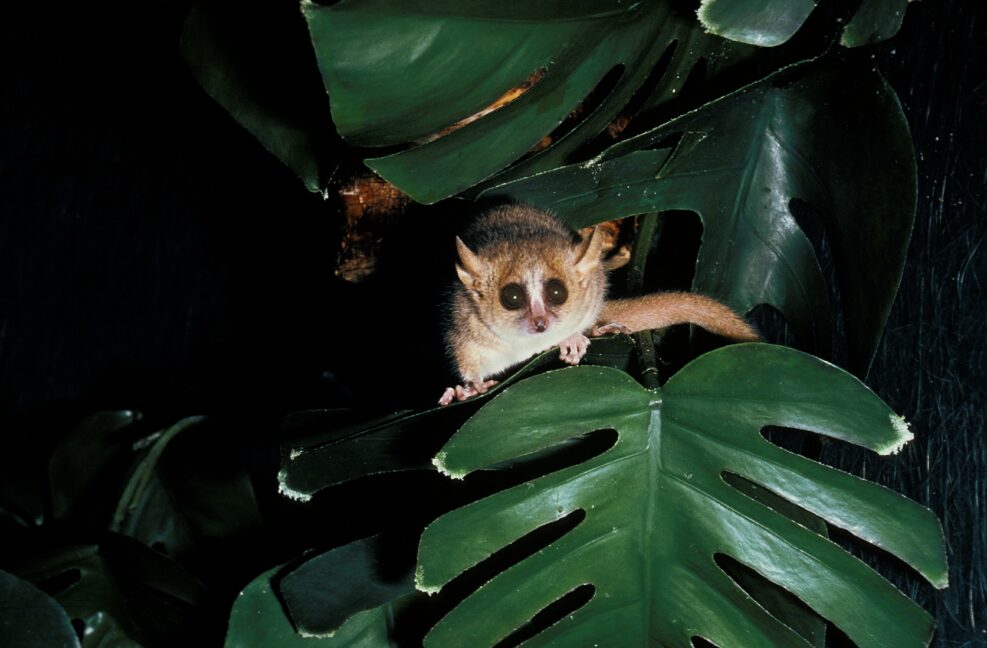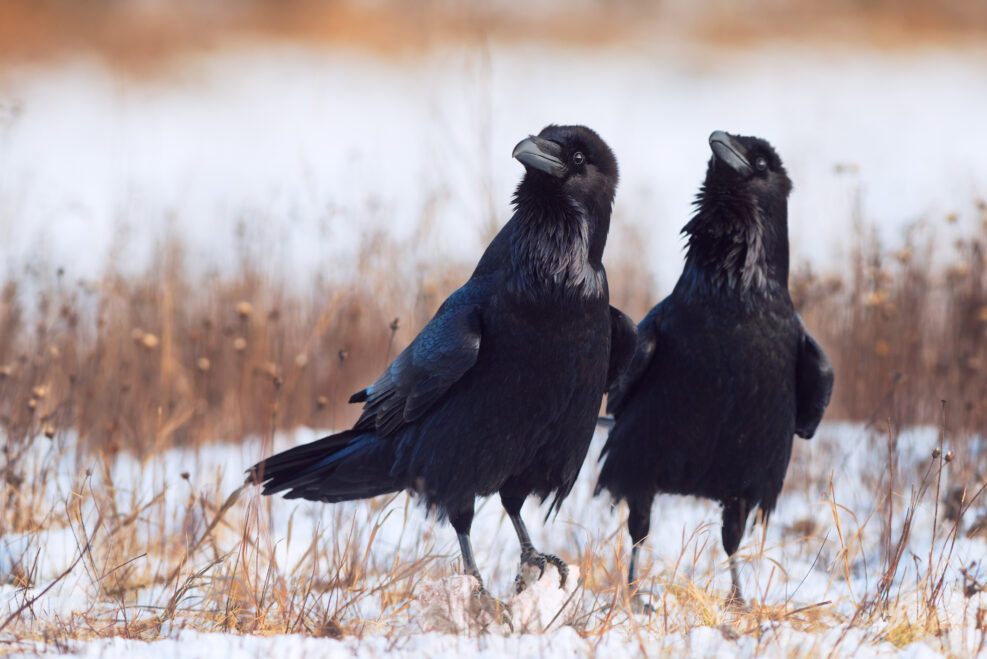
Does the Slow Pace of Evolution Mean That ET Life Is Rare?
That’s the contention in a recent paper by astrobiologists at Oxford’s Future of Humanity InstituteIn a new paper, researchers affiliated with Oxford’s Future of Humanity Institute use the assumptions we make about the evolution of life on Earth to estimate the likelihood of it happening the same way elsewhere. And the numbers do not look good. As a science writer puts it: There are countless naturally occurring, but extremely lucky ways in which Earth is special, sheltered, protected, and encouraged to have evolved life. And some key moments of emerging life seem much more likely than others, based on what really did happen. Caroline Delbert, “Intelligent Life Really Can’t Exist Anywhere Else” at Popular Mechanics In the paper, the Oxford group concludes, It took approximately 4.5 billion years for a series of evolutionary transitions Read More ›

















